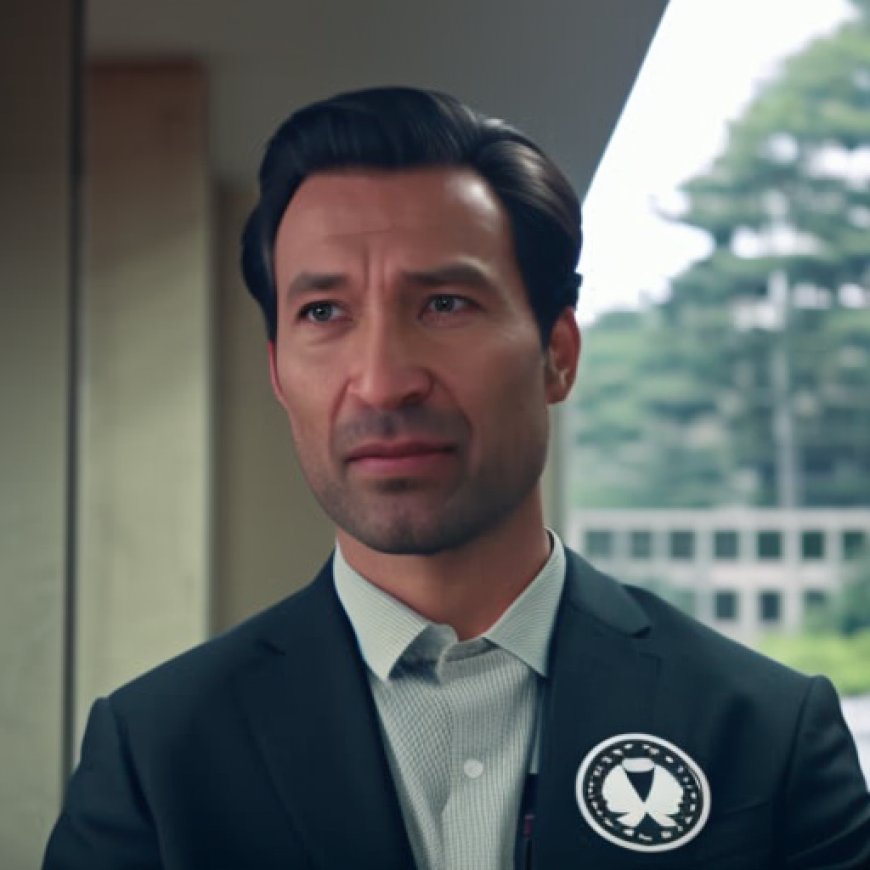Global biodiversity monitoring should be amended to protect indigenous rights: Amnesty International
Global biodiversity monitoring should be amended to protect indigenous rights: Amnesty International JURIST


Amnesty International Warns of Potential Threats to Indigenous Peoples’ Rights in Global Biodiversity Monitoring

Amnesty International cautioned Friday against potential threats to indigenous peoples’ rights in the measurement of progress towards the Global Biodiversity Framework. The organization emphasized the imperative for states to engage in consultations with indigenous communities and secure their “free, prior, and informed consent,” in line with the Universal Declaration of the Rights of Indigenous Peoples.
Concerns Raised by Amnesty International
We are concerned that the monitoring framework as proposed fails to protect the rights of Indigenous Peoples adequately, nor does it recognize the essential and unique role these communities play in preserving biodiversity. This raises the risk of facilitating ‘fortress conservation’ methods where original inhabitants, who are often Indigenous Peoples, are forcibly evicted from protected areas.
The Kunming-Montreal Global Biodiversity Framework (GBF) is an agreement unanimously adopted by 196 nations during the UN Biodiversity Conference in December 2022. The framework presents a roadmap for creating a world that coexists peacefully with nature. The GBF includes four 2050 goals and 23 2030 targets and is intended to slow down and reverse biodiversity loss, while harmonizing with the Sustainable Development Goals and building on earlier Strategic Plans under the Convention on Biological Diversity.
While the framework recognizes that the land belonging to indigenous peoples and local communities should be categorized as a distinct section of conservation area, the monitoring process does not. Amnesty International notes that this must be amended during the talks on the proposed monitoring framework, happening in Nairobi, Kenya next week.
Amnesty International’s Advocacy for Indigenous Peoples’ Rights
Amnesty International advocates for prioritizing the rights of indigenous peoples in biodiversity monitoring initiatives. This stance is supported by research findings highlighting the effectiveness of indigenous communities as environmental stewards. Consequently, various indigenous groups have put forth four traditional knowledge metrics to evaluate community well-being, state efforts in safeguarding land rights, and indigenous involvement in decision-making processes.
SDGs, Targets, and Indicators
| SDGs | Targets | Indicators |
|---|---|---|
| SDG 15: Life on Land | Target 15.5: Take urgent and significant action to reduce the degradation of natural habitats | Indicator not mentioned in the article |
| SDG 16: Peace, Justice, and Strong Institutions | Target 16.7: Ensure responsive, inclusive, participatory, and representative decision-making at all levels | Indicator not mentioned in the article |
| SDG 17: Partnerships for the Goals | Target 17.14: Enhance policy coherence for sustainable development | Indicator not mentioned in the article |
1. Which SDGs are addressed or connected to the issues highlighted in the article?
The issues highlighted in the article are connected to SDG 15: Life on Land, SDG 16: Peace, Justice, and Strong Institutions, and SDG 17: Partnerships for the Goals.
2. What specific targets under those SDGs can be identified based on the article’s content?
Based on the article’s content, the specific targets that can be identified are:
- Target 15.5: Take urgent and significant action to reduce the degradation of natural habitats
- Target 16.7: Ensure responsive, inclusive, participatory, and representative decision-making at all levels
- Target 17.14: Enhance policy coherence for sustainable development
3. Are there any indicators mentioned or implied in the article that can be used to measure progress towards the identified targets?
No indicators are mentioned or implied in the article that can be used to measure progress towards the identified targets.
Copyright: Dive into this article, curated with care by SDG Investors Inc. Our advanced AI technology searches through vast amounts of data to spotlight how we are all moving forward with the Sustainable Development Goals. While we own the rights to this content, we invite you to share it to help spread knowledge and spark action on the SDGs.
Fuente: jurist.org

Join us, as fellow seekers of change, on a transformative journey at https://sdgtalks.ai/welcome, where you can become a member and actively contribute to shaping a brighter future.







